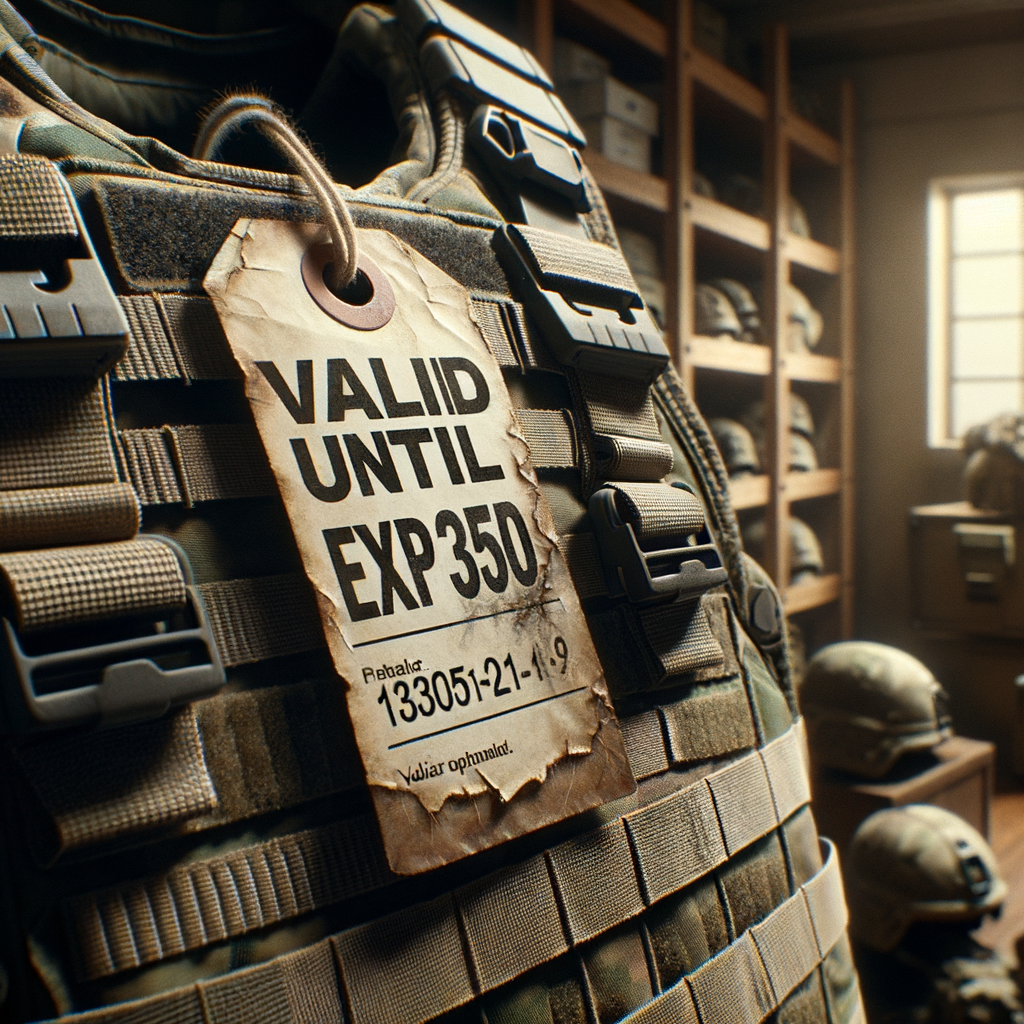Understanding Body Armor Expiration
Body armor, also known as bulletproof vests, are life-saving tools for law enforcement officers, military personnel, and civilians alike. They are designed to absorb and disperse the energy of a bullet, reducing the impact and preventing penetration. However, like many products, body armor has an expiration date. But what exactly happens when body armor expires? Let’s delve into this topic and explore the implications of using expired body armor.
Understanding the Lifespan of Body Armor
Typically, body armor is designed to last five to ten years, depending on the manufacturer and the level of use. This lifespan is determined by the National Institute of Justice (NIJ), the research, development, and evaluation agency of the U.S. Department of Justice. The NIJ sets the standards for body armor and conducts rigorous testing to ensure they meet these standards.
For instance, products from Self Defense Mall, such as the Bullet Blocker NIJ IIIA, Safe-T-Shirt, and
Blackhawk, are designed to meet and exceed these standards, providing reliable protection for their intended lifespan. However, even the highest quality body armor will eventually reach its expiration date.
What Happens to Expired Body Armor?
When body armor expires, it doesn’t suddenly become useless or fail to provide any protection. Instead, its effectiveness gradually decreases over time. This is due to several factors:
- Material Degradation: The materials used in body armor, such as Kevlar and ceramic, can degrade over time. This degradation can be accelerated by factors such as exposure to sunlight, moisture, and extreme temperatures.
- Physical Damage: Over time, body armor can sustain physical damage from wear and tear, reducing its effectiveness. This can include everything from minor scratches and dents to significant cracks or tears.
- Technological Advancements: As technology advances, so does weaponry. Body armor that was state-of-the-art a decade ago may not be able to withstand the firepower of modern weapons.
Using expired body armor can therefore pose a significant risk, as it may not provide the level of protection required in a life-threatening situation.
The Importance of Regularly Replacing Body Armor
Given the potential risks associated with using expired body armor, it’s crucial to replace it regularly. This not only ensures optimal protection but also compliance with NIJ standards and regulations.
Products from Self Defense Mall, such as the Spartan™ Omega™ AR500 Body Armor Level III, are designed with durability and longevity in mind. However, even these high-quality products need to be replaced when they reach their expiration date to ensure maximum safety and effectiveness.
Conclusion
In conclusion, while body armor doesn’t suddenly become useless after its expiration date, its effectiveness does gradually decrease over time due to material degradation, physical damage, and technological advancements. Therefore, it’s crucial to replace body armor to ensure optimal protection regularly. By understanding the lifespan of body armor and the risks associated with using expired products, individuals can make informed decisions about their personal safety and ensure they are adequately protected in any situation.


